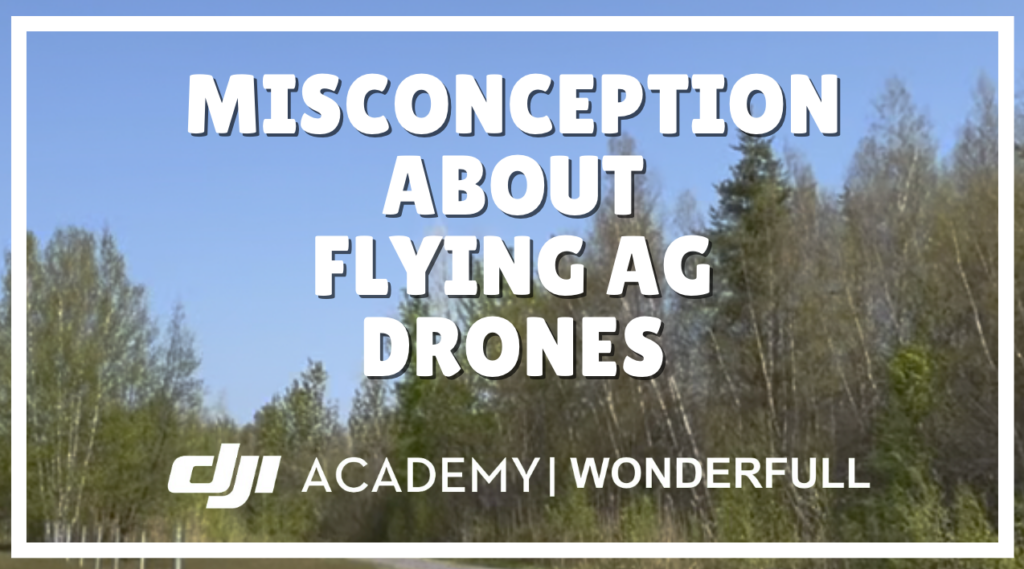
http://childpsychiatryassociates.com// Many people assume that if they can operate a general-purpose drone, mastering an agricultural drone will be just as simple. However, this is a misconception. Below are key points that highlight the differences:
Mission Complexity
General drones, such as those used for aerial photography or entertainment, primarily focus on flight control and basic operations. Agricultural drones, on the other hand, are tasked with much more complex missions—like precision pesticide spraying, fertilization, and crop protection. These tasks demand an understanding of crop characteristics, precise liquid application parameters, flight altitude, and coverage.
Higher Technical Requirements
DJI agricultural drones are equipped with advanced features such as RTK GPS positioning systems, automated mapping, and obstacle avoidance. Configuring and optimizing these functions requires specialized knowledge, and the flying experience of recreational drones cannot be directly applied.
Regulations and Safety Standards
Agricultural drones are used to spray chemicals like pesticides, which involves handling high-concentration, low-volume equipment. Operators must have expertise in proper chemical mixing and adhere to stringent agricultural and environmental regulations. This level of compliance adds complexity compared to recreational drone use, requiring formal training to prevent errors.
Equipment differences: The structure, load capacity, spraying system, etc. of agricultural drones are significantly different from those of ordinary drones. Factors such as balance during flight, endurance, and accuracy of spraying operations place higher demands on operating skills, and the flying experience of recreational drones cannot be directly applied.
In conclusion, while there is some overlap in drone-operating skills, the specialized knowledge and technical expertise required for agricultural drones make professional training essential, especially in real-world applications.
This is where DJI Academy plays a critical role in preparing operators to meet these challenges.
To understand why DJI Academy training is crucial for flying agricultural drones, click the link.
Follow us on Twitter: https://x.com/wonderfullinc
Follow us on Facebook: https://www.facebook.com/wonderfull.ca/
DJI Agriculture Drones
General Distributor of Canada
Sales I Academy I Services I Parts
Office: 647 800 7952
Text : 647 287 6851
Address: 5955 10 Sideroad Innisfil, ON L0L 1K0
